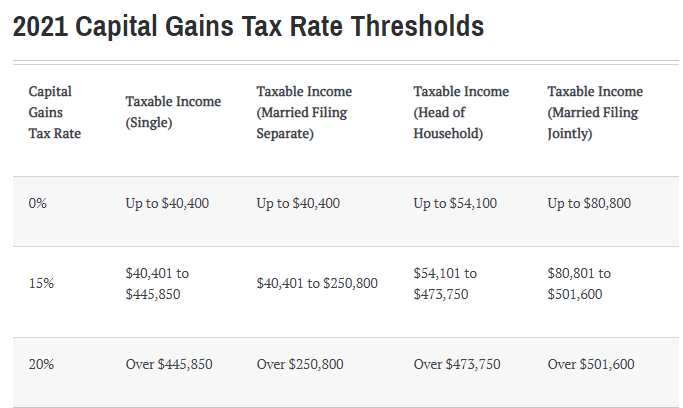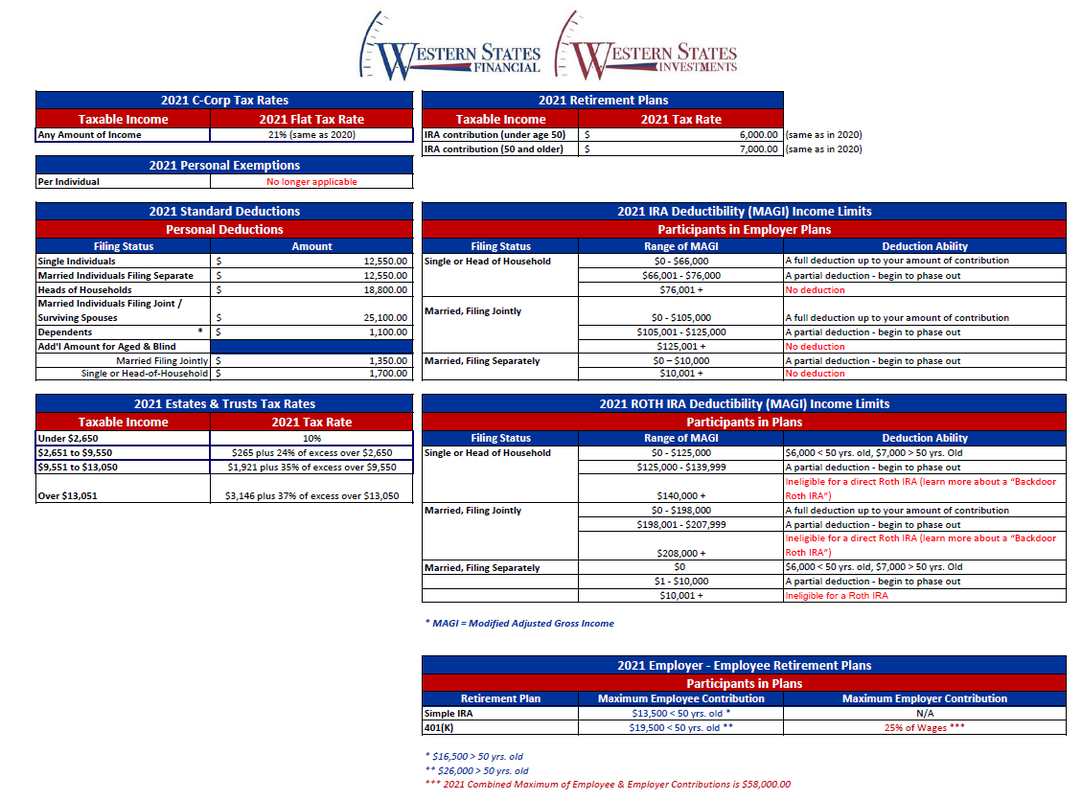
If the partnership qualifies, an analysis should be done to determine if the election will result in tax savings to any of the owners. The combined tax per partner is now $146,040 for a tax savings of $9,960 per partner.Įvery California partnership, S Corporation, and LLC taxed as a partnership and S Corporation will need to determine if they qualify to make the election to be taxed at the partnership level. This tax is deductible for Federal tax purposes, so they now only pay Federal tax on income of $108,840 each ($400,000 – $37,200 = 362,800 x 30%).

With AB 150, Fun and Games Partnership directly pays tax to California of 9.3% each, for $37,200 each. The combined tax per partner is $156,000. This tax is not deductible for Federal tax purposes (assuming they already deduct up to $10,000 each of property taxes), so they also pay $120,000 of Federal tax each ($400,000 at 30%). Without AB 150, the partners of Fun and Games each pay tax on $400,000 at the California tax rate of 9% for a total of $36,000 of tax each.
#California tax brackets 2021 full
Nonresidents and part-year residents can use the entire credit, whereas full year California residents must prorate their income between pass-through and other income to determine the amount that can be used each year.įun and Games Partnership (“Fun and Games”) has two partners who each own 50% has $800,000 of income. Unused credits can be carried forward for up to 5 years. How does it work for the partner, member, or shareholders?Ĭonsenting pass-through entity owners claim a nonrefundable credit on their personal income tax return equal to the elective tax paid on their behalf (9.3% of their qualified net income). For tax years beginning in 2022 through 2023, the elective tax is due in two installments: the greater of $1,000 or 50% of the tax paid in the prior year is due by June 15th of the taxable year of the election and the remaining amount is due on or before the due date of the original return (without regard to extension). For tax years beginning in 2021, the tax is due on or before the entity’s return due date, without regard to extensions. The election is irrevocable and must be made annually on a timely filed return for the year of election. How does it work for the pass-through entity? S Corporation owners may be limited in their ability to choose to pay the tax if the entity elects to pay the tax. Qualified entities first make an annual election and then each individual owner can choose if they want the entity to pay the tax on their share of the entity’s income. Qualified entities do not include publicly traded partnerships, entities required to be in a combined reporting group.

Qualified entities, which include Partnerships, S corporations and LLCs filing as partnerships, can make an election on an annual basis to utilize to pay a 9.3% tax on their qualified income. This elective tax will be repealed automatically on Decemunless Federal law changes prior to that date upon which the law is automatically repealed. The new law is effective for years beginning on or after Januand ending before January 1, 2026. By deducting the tax at the entity level, the benefit of the tax is passed on to the individual partner and reduces their overall tax. This elective tax is an entity level tax that is deductible by the entity for Federal tax purposes. Along with other provisions, AB 150 allows certain owners of pass-through entities a way to deduct more than the current SALT deduction limitation of $10,000 by paying the tax directly through their pass-through entities.Ĭalifornia Assembly Bill 150 establishes the Small Business Relief Act which allows qualified pass-through entities to elect to pay and deduct a pass-through entity tax of 9.3% on qualified net income. In July of 2021, Governor Newsom signed California Assembly Bill 150 into law, which is California’s solution to the SALT limitation. Since the passing of the TCJA you can only deduct $10,000, effectively losing a deduction $12,000. Prior to the TCJA you could deduct the combined total of $22,000.

For example, let’s say your annual property taxes were $12,000 and your income taxes were $10,000. The TCJA limited this deduction to $10,000 total. Prior to the TCJA, individual taxpayers were able to personally deduct 100% of the state and local taxes they paid as an itemized deduction on their personal tax returns.

Following the Tax Cuts and Jobs Act (TCJA), passed in December of 2017, high tax states such as New York, New Jersey and California have been working on legislation that would reduce the impact of the newly enacted state and local tax (“SALT”) deduction limitation.


 0 kommentar(er)
0 kommentar(er)
